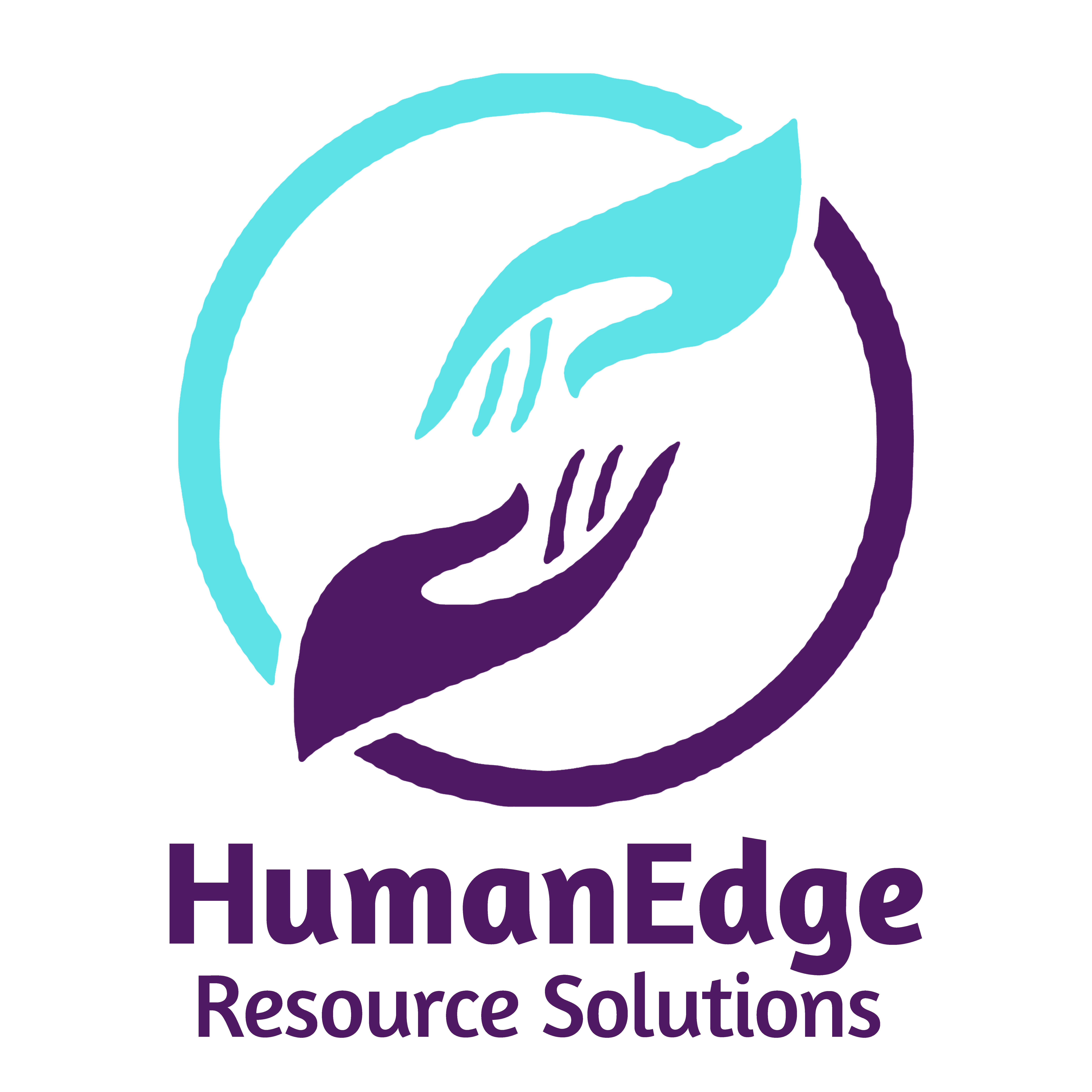Building a Better, More Inclusive Workplace
By Sonya Atkins-Goodman, Founder
As the HR profession continues to evolve, many organizations are turning to technology, including Artificial Intelligence (AI), to help them build a workforce that is diverse, equitable, and inclusive. By leveraging the power of AI, HR professionals can gain deeper insights into their workforce and develop more effective strategies for promoting employee retention.
One of the key benefits of AI is its ability to analyze large amounts of data and identify patterns and insights that might not be immediately apparent to humans. This means that an AI-powered HR tool could be used to identify areas where the organization is falling short in terms of diversity, equity, and inclusion, and then provide targeted recommendations for improvement.
For example, an AI-powered platform could analyze employee engagement surveys or exit interviews to identify common concerns or challenges that employees from underrepresented groups are facing. Based on this analysis, the platform could provide tailored recommendations for addressing these concerns, such as providing training on unconscious bias or implementing flexible work arrangements to better accommodate diverse needs.
Another potential use for AI in the context of diversity, equity, and inclusion is to facilitate more objective and unbiased hiring and promotion processes. By analyzing the data and characteristics of successful employees within the organization, an AI-powered platform could identify the key traits or experiences that are predictive of success in a particular role. This can help to minimize the impact of unconscious bias and ensure that the best candidates are being selected based on their qualifications and abilities, rather than their background or personal characteristics.
Of course, there are also potential risks and challenges associated with using AI in this context. For example, there is a risk that an AI-powered tool could perpetuate biases if it is not designed and implemented in a thoughtful and intentional way. Additionally, there is a risk that employees may feel uncomfortable or mistrustful of technology that is making decisions about their careers.
However, by taking a strategic and collaborative approach to the use of AI in HR, organizations can overcome these challenges and leverage the full potential of this technology to promote diversity, equity, and inclusion. By partnering with employees and using AI as a tool to support human decision-making, rather than replace it, HR professionals can create a more effective and inclusive workforce that is better equipped to meet the needs of a rapidly changing world.
